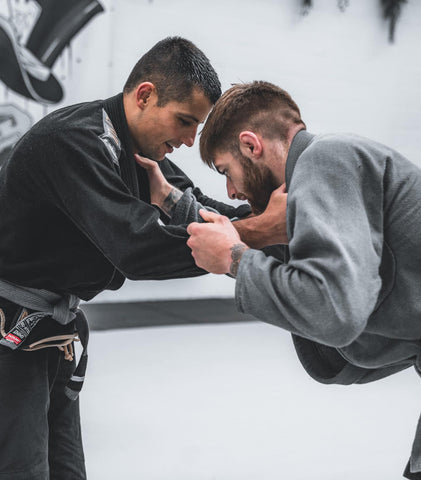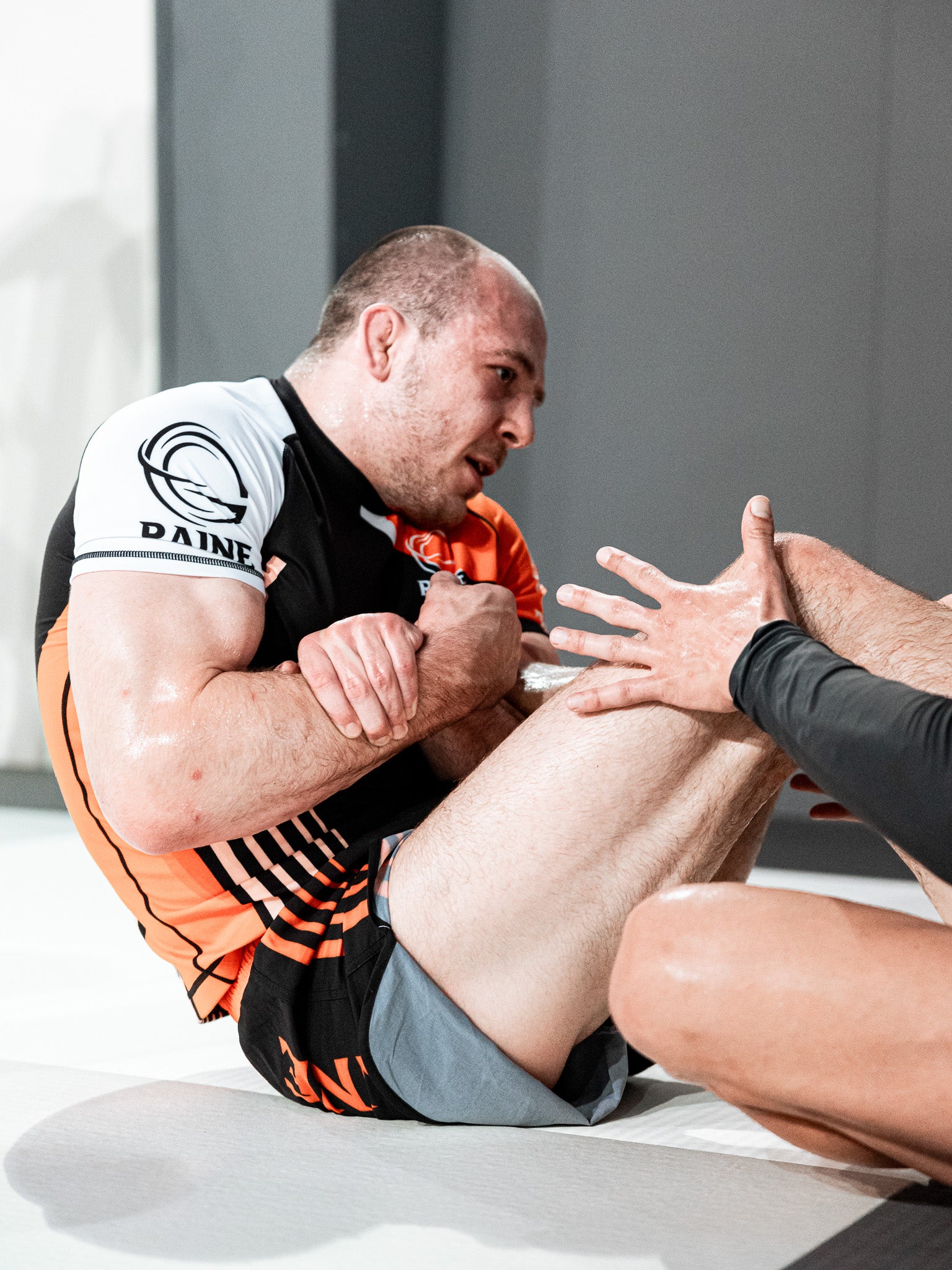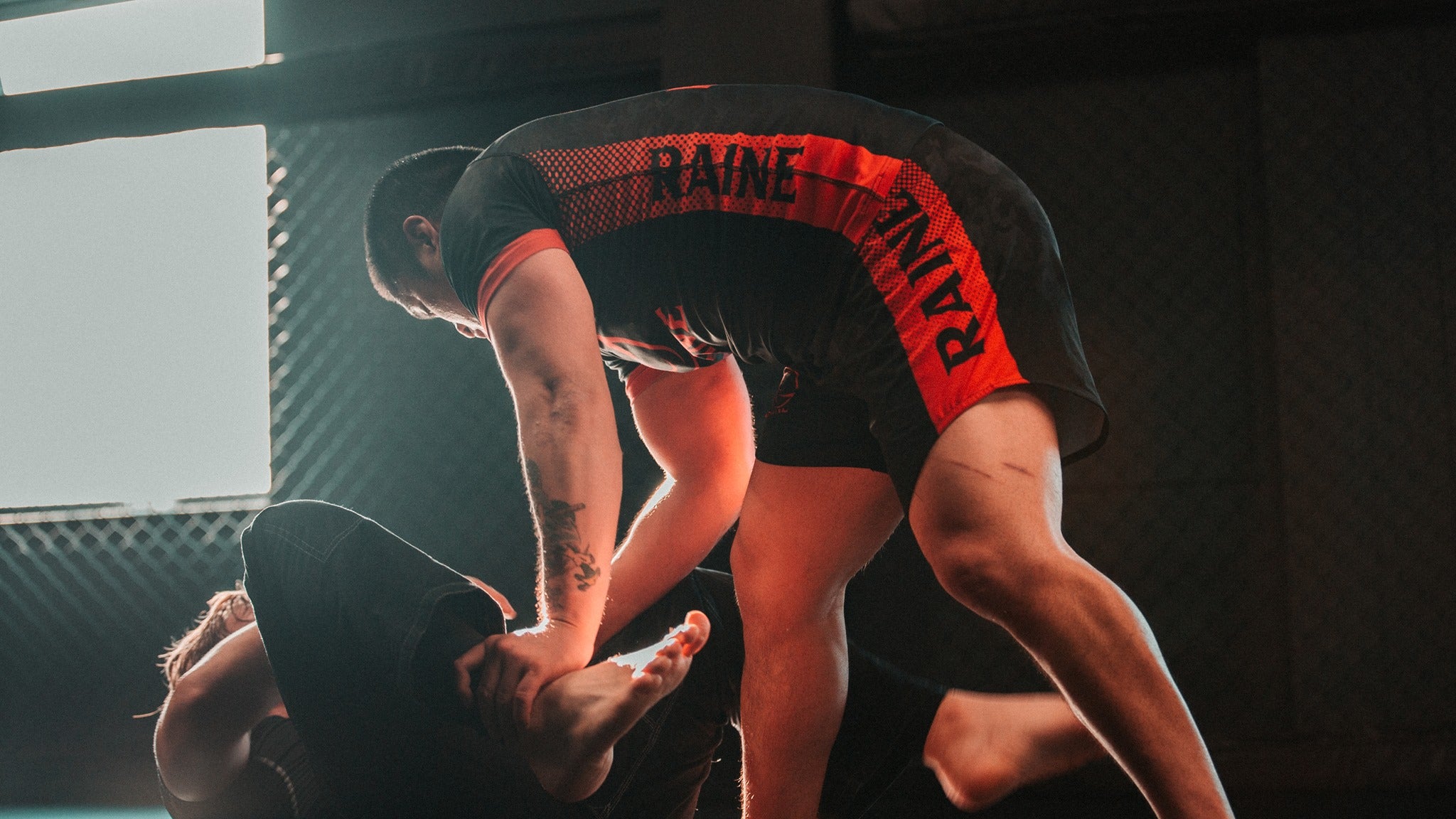In a fast-paced world that often leaves us feeling stressed and disconnected, finding an activity that not only promotes physical health but also nurtures mental well-being is a true gem.
Brazilian Jiu-Jitsu (BJJ) is one such gem, offering a holistic approach to self-improvement that extends beyond the mats. It is a martial art and combat sport that not only provides effective self-defense techniques, but also offers a wide range of physical and mental health benefits.
In this blog, we will explore the profound relationship between Brazilian Jiu-Jitsu and well-being, delving into how this martial art can positively impact your mental health.

The Art of Brazilian Jiu-Jitsu
First, let's dive into what makes Brazilian Jiu-Jitsu unique. BJJ is a martial art that focuses on grappling and ground fighting, emphasizing technique and leverage over raw strength.
It's known for its intricate submissions, positional control, and the gentle art of using an opponent's force against them. In a world where aggression is often the norm, BJJ stands out as an art of control and finesse.
The Physical Benefits
Regularly practicing Brazilian Jiu-Jitsu offers a wide array of physical benefits, from increased strength and flexibility to improved cardiovascular fitness.
However, it's the mental benefits that often come as a surprise to practitioners. As you sweat it out on the mats, you're also releasing endorphins, which are natural mood lifters that can help combat stress and anxiety.
The Mental Benefits
One of the most significant aspects of BJJ's impact on mental health is the cultivation of mental fortitude. Learning to grapple with adversity, both on and off the mats, teaches resilience and adaptability.
Moreover, the problem-solving aspect of BJJ can lead to improved cognitive function and enhanced problem-solving skills in daily life.

Community and Support
One of the most beautiful aspects of Brazilian Jiu-Jitsu is the sense of community it fosters. BJJ academies often become a second family for practitioners.
The camaraderie, support, and friendships forged within the academy can be a vital support system for individuals facing mental health challenges.
Mindfulness and Flow
BJJ requires an intense focus on the present moment. The art of rolling, where practitioners spar with controlled resistance, is an exercise in mindfulness.
Achieving a flow state during a roll can be a transformative experience.
This mindfulness practice can improve your ability to stay present and focused, which can translate to better mental well-being in everyday life.
Stress Coping Skills and Discipline
BJJ teaches you how to handle challenging and stressful situations in a controlled environment. These problem-solving skills can be applied to real-life challenges, helping you develop better coping mechanisms.
Regularly attending BJJ classes encourages discipline and establishes a routine, which can provide stability and structure in your life, reducing the risk of mental health issues associated with chaos and uncertainty.
Conflict Resolution & Emotional Regulation
BJJ emphasises non-violent conflict resolution and control. This can help improve interpersonal skills and provide tools for handling conflicts and stressful situations in a healthier manner.
The physical intensity of BJJ can also help release pent-up emotions and tension. Learning to manage your emotions during training can improve emotional regulation in daily life.

In conclusion, Brazilian Jiu-Jitsu is not just a martial art but a path to well-being and improved mental health.
The physical and mental benefits, the sense of community, and the mindfulness cultivated on the mats all contribute to a healthier, more balanced life.
Whether you're a seasoned practitioner or someone curious about starting their BJJ journey, this martial art has the potential to transform your well-being in remarkable ways.
So, why not step onto the mats and see where your journey takes you?
_
Photos by CBridle Photo featuring one of RAINE sponsored athletes Corey Kent in our Hemp Gi




